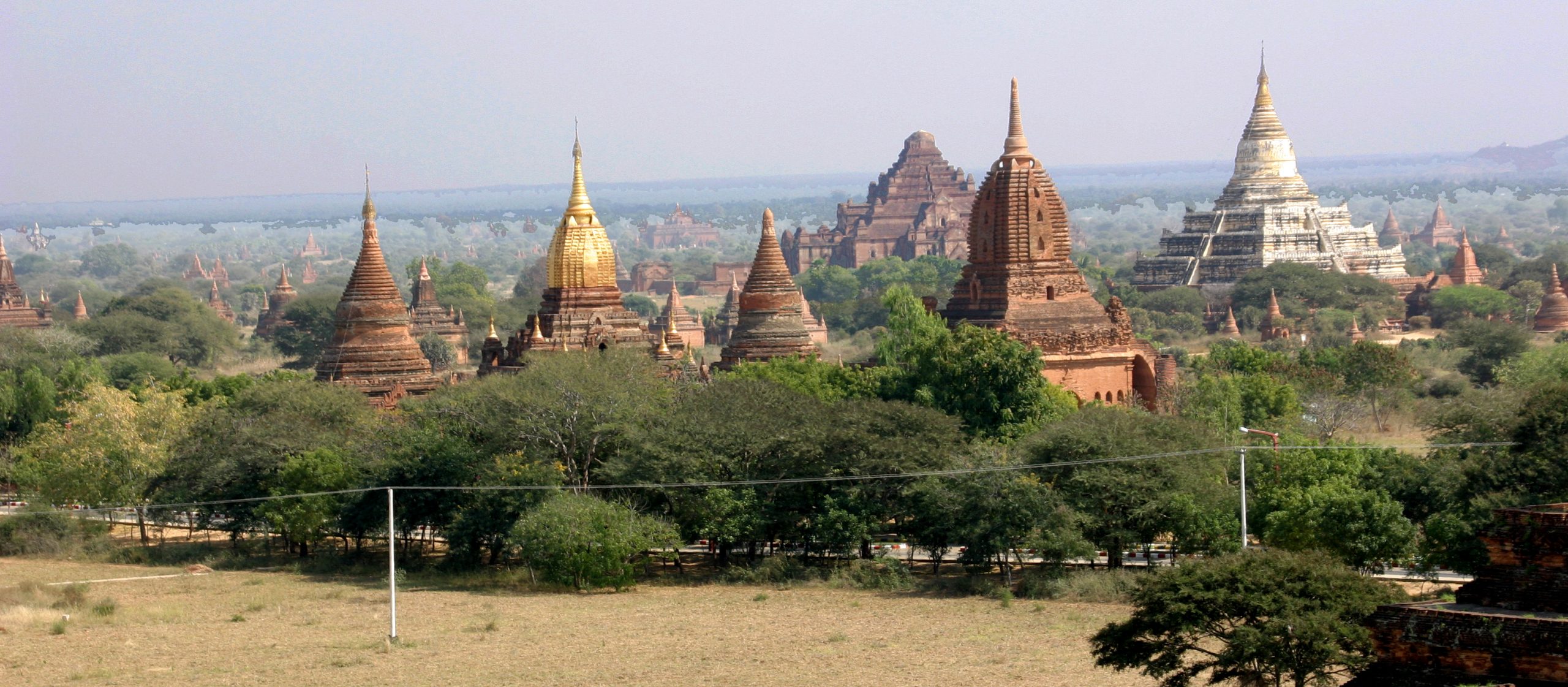
Human rights defender's story: Wai Wai Nu from Burma
'If you threaten human rights defenders, you break the eyes, mouths, legs, and arms of the people', says the Director of Women Peace Network Arakan, ahead of the vote on a UN General Assembly resolution on Myanmar.
Wai Wai Nu, Women Peace Network Arakan
At the 2014’s General Assembly, a country resolution will once against focus on Myanmar.[1] This country resolution provides member States with the opportunity to press for the implementation of human rights obligations including the effective protection and promotion of the work of human rights defenders in and on these countries. Through a profile of a human rights defender from Myanmar, ISHR aims to highlight the threats defenders face in carrying out their work and why the General Assembly must continue to demand their protection.
Wai Wai Nu is a Burmese human rights defender committed to working for peace and justice in her country. She is the Director the Women Peace Network Arakan, which she founded in 2012 upon her and her family’s release from prison after seven years of detention.
‘When I was released, I saw some positive changes in cities but not in rural areas: not in areas where ethnic minorities lived. It was then I took responsibility to work for my people’.
The Women Peace Network Arakan carries out civic education and works for the empowerment of women and young people. The Network also encourages interfaith dialogue to build much-needed trust between religious communities.
Nu – herself a member of the Rohinga Muslim community – is vocal about the rights of minorities in Burma. She stresses that the notion of democracy needs to be understood beyond a strict notion of parliamentary democracy where the majority rules. Upholding the rights of the many minority communities in the country requires commitment to democratic processes that respect and protect rights, including land rights.
‘There are so many human rights violations occurring in Burma – from land grabbing, and sexual violence in conflict areas, to media restrictions, and attacks against human rights defenders. We work with young people, who tend to be open-minded, encouraging them to engage with the spirit of democracy, to work for the promotion of justice and human rights for all’.
Nu is also co-founder of ‘Justice for Women’, which works to promote women’s rights, raises awareness about sexual harassment and discrimination and provides basic legal education.
With the political reforms in Burma since 2011, opportunities for human rights defenders to operate in the country have opened up. However, the environment for defending rights remains restricted and attacks against defenders numerous. The Special Rapporteur on the situation in Myanmar has expressed concern at laws used to criminalise and impede the activities of human rights defenders and other civil society actors, in particular the Peaceful Assembly and Peaceful Procession Act.[2] The changing political landscape has seen a rapid increase in foreign companies operating in the country and with it reported threats against HRDs working in the field of economic, social, and cultural rights. Human rights defenders have experienced arbitrary arrest and former detainees report the fear of re-arrest.
‘We have to be very careful. Defenders feel they are being watched. I make sure I speak in terms of the international human rights legal framework, and don’t directly confront the government. I adopt a very diplomatic approach’.
The protection of human rights defenders remains a crucial component of securing the respect of rights in Burma. Nu is clear that when human rights defenders are threatened, there is no protection of the population as a whole, and there can be no progress towards a truly democratic country or economic development.
‘If you threaten human rights defenders, you break the eyes, mouths, legs, and arms of the people.’
The UN has focused specific attention on Myanmar through the work of the Special Advisor of the Secretary General and the Special Rapporteur on Myanmar. There are also several UN bodies working in the country.
‘The Special Rapporteur and Special Representative are very important. We are a country in transition, but we don’t yet know democracy. These independent experts are a means to get the voice of people on the ground out into the world and demand accountability. It is also important the OHCHR office, with a comprehensive mandate gets established. We need them to monitor on the ground and support the efforts of civil society.’
For more information about this session of the Third Committee of the General Assembly, contact Michelle Evans at [email protected]
For more information about ISHR’s work on women’s rights and women human rights defenders, contact Pooja Patel at [email protected]
[1] Whilst Myanmar is the name the State uses, the UN uses and to which the State is officially held to account by, this article will simultaneously refer to the State as Burma, as many civil society actors do.
